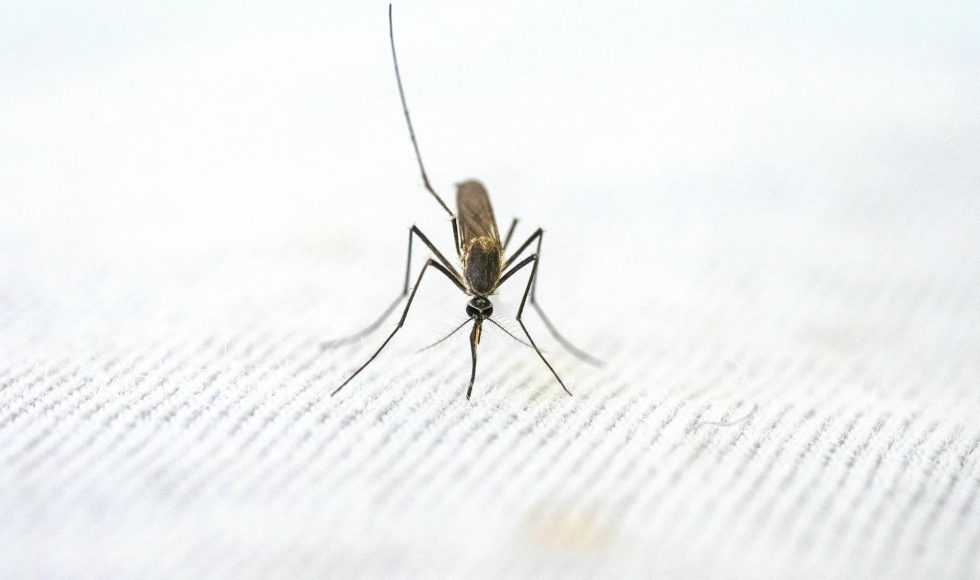Karen Miga from the University of California, Santa Cruz, presented at London Calling 2019 on “Telomere-to-telomere assembly of a complete human X chromosome.” Miga is part of the Telomere-to-Telomere Consortium. They spoke about the gaps in the human genome. The challenge of assembling repeat regions may be tackled with ultra-long reads. Using the Josh Quick […]
Tonight I watched Jeroen de Ridder from the University Medical Center Ultrecht in the Netherlands present at London Calling 2019. They spoke about “Cyclomics: ultra-sensitive nanopore sequencing of cell-free tumor DNA.” Ridder spoke about the importance of detecting the recurrence of cancer in patients. Common diagnostics may not be suitable, and liquid biopsies of the […]
Martin Smith from the Garvan Institute of Medical Research in Australia was mentioned in the London Calling 2019 session I watched yesterday. Today, I watched the recording of the 2019 London Calling session that Smith did on “Leveraging long reads for high-throughput multiomic analyses of cellular diversity in human tumours.” Smith wasn’t able to travel, […]
Tonight, I watched the recording of Lucky Ronald Runtuwene from the University of Tokyo in Japan from London Calling 2019. Runtuwene is part of a sequencing core at a university campus. They have several Illumina devices and a PromethION. Their goal is to expedite research in developing countries. They started a collaboration with Indonesia, starting […]
Eva Maria Novoa from the Center for Genomic Regulation in Spain presented at London Calling 2019 a session on “Accurate detection of m6A RNA modification in native RNA sequences using third-generation sequencing.” Novoa emphasized there is a difference between RNA levels and protein. They have been working in this field. Interestingly, RNA modifications have been […]
Nicola Hall from the University of Oxford in the UK presented at London Calling 2019 on “Revealing mRNA alternative splicing complexity in the human brain.” Hall is investigating expression within a single cell in the human brain. They want to better understand how splicing is occurring in the brain. They spoke about using walk-on music […]
Dan Turner from Oxford Nanopore Technologies presented at London Calling 2019 on “The real Simon Pure.” I was intrigued by the title and wanted to learn more. Turner is part of the ONT Applications Team and explained the different groups represented, including the VolTRAX2 team. The real Simon Pure title, Turner explained, is from a […]
Evangelos Karousis from the University of Bern in Switzerland presented at London Calling 2019 on “Splice isoform-specific analysis of endogenous NMD targets in human cells.” Karousis explained that RNA degradation is involved in various biological functions, and nonsense-mediated decay (NMD) is not well understood. Nonsense mRNA is dangerous because it can contribute to disease. NMD […]
Tonight, I watched the London Calling 2019 session by Irina Chelysheva from the University of Hamburg in Germany. The session’s title is “Small, modified, and highly structured: the challenge of tRNA sequencing.” Their lab is interested in sequencing tRNA because it is challenging. The major problems for sequencing, Chelysheva noted, include the short length of […]
Christopher Oakes from The Ohio State University spoke at London Calling 2019 on “Discerning the origin of Epstein-Barr virus in patients using nanopore-derived DNA methylation signatures.” Oakes spoke about how they study tumor viruses and cancer. The Epstein-Barr virus is common, the “prototypical cancer virus,” according to Oakes. Immune cells suppress the virus, but the […]











